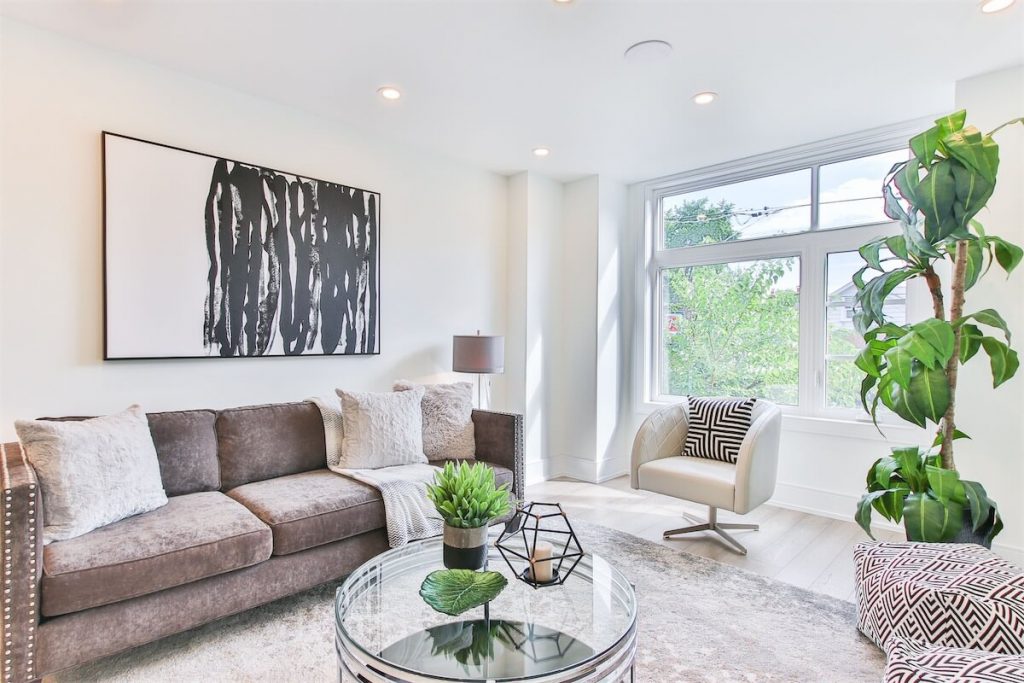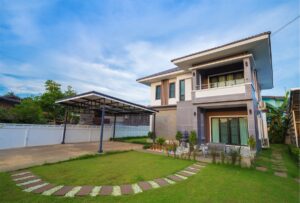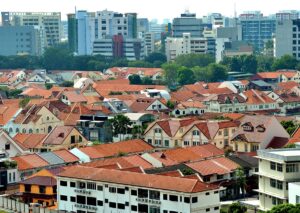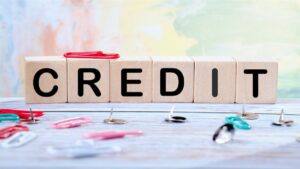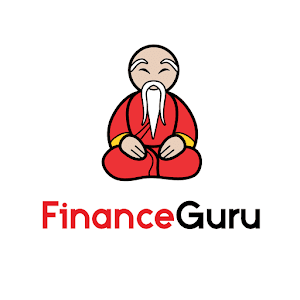ABSD is probably one of the most unpopular types of stamp duty in Singapore. Short for Additional Buyer’s Stamp Duty, it’s an extra cost for those who own more than one property in Singapore.
What is the Additional Buyer’s Stamp Duty (ABSD)?
The ABSD was first introduced in 2011 as a form of property cooling measure to ensure housing remains affordable.
For Singaporeans, they’ll have to pay the ABSD on top of the Buyer’s Stamp Duty (BSD) when they buy a second residential property in Singapore.
We explain BSD and other common property stamp duty terms here.
For PRs and foreigners, the ABSD is almost unavoidable. Regardless of how many properties they have, they’ll need to pay the ABSD on top of the BSD.
Here are the current ABSD rates as of 6 July 2018.
| Buyer profile | ABSD rates from 6 July 2018 onwards | ||
|---|---|---|---|
| First residential property | Second residential property | Third and subsequent property | |
| Singapore citizens | – | 12% | 15% |
| Singapore PR | 5% | 15% | 15% |
| Foreigners | 20% | 20% | |
| Entities | 25% (plus an additional 5% for housing developers) | 25% (plus an additional 5% for housing developers) | 25% (plus an additional 5% for housing developers) |
If you’re a Singaporean buying a second residential property that costs $750,000, this means you’ll need to fork out $90,000 more for the ABSD.
And if you’re a foreigner, the ABSD will be even higher at $150,000.
You may also use IRAS’ stamp duty calculator to find out how much is your ABSD here.
Given the substantial amount, it can be a stumbling block for those who wish to own more than one property for investment purposes.
On the flip side, the good news is that there are a few legal ways to avoid ABSD.
How to avoid ABSD stamp duty in Singapore legally
While it’s a must to pay the stamp duty when you buy a property in Singapore, you can get exemptions from paying the ABSD.
1. Buy the first home under one spouse’s name
In Singapore, it’s more common to buy a home as a married couple, especially since you can only buy an HDB flat as a single after you turn 35.
But if you and your spouse can afford a private property, and one of you can pay the mortgage alone, consider getting your first home under either one of your names.
Let’s say you own the first home and it’s under your name solely. This frees up your spouse to get another property as a first-time buyer without paying for the ABSD.
If you can afford to get a private property, this can be the most hassle-free way to work around the ABSD when buying a second property.
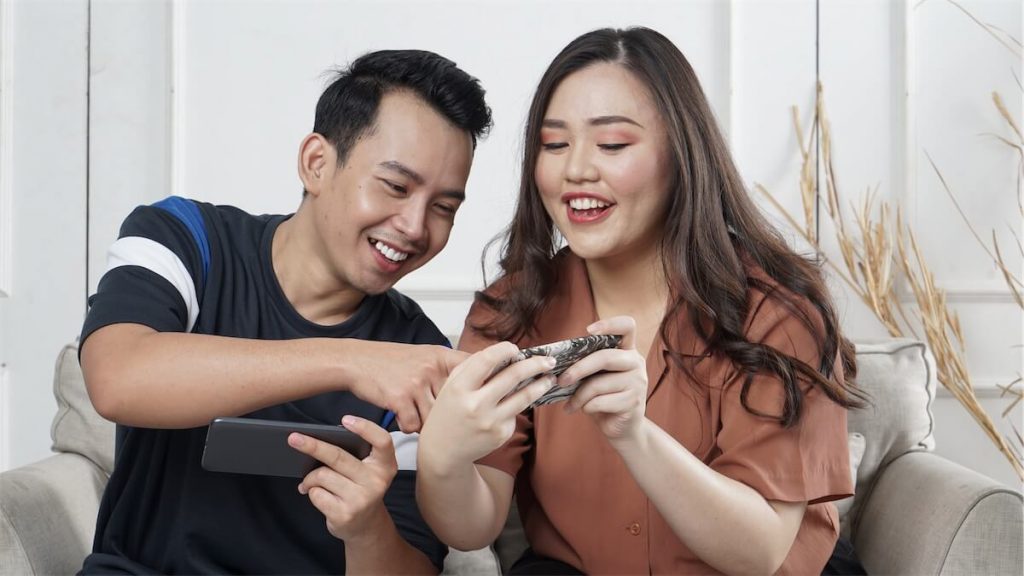
2. Buy the first home together with your Singaporean spouse
If you’re a PR or foreigner and married to a Singaporean, you can avoid paying the ABSD.
As long as you and your spouse jointly buy your first home, you can apply for the ABSD remission.
Do note that both of you must not have owned any other residential properties to qualify for the remission.
3. Enter a contract to sell your first property before buying a second one
Planning to buy a second property but don’t want to pay the ABSD? One of the most common ways to do so is to enter an agreement to sell your first property before signing the Option to Purchase (OTP) for your second property.
The idea here is that you sell your existing property and buy another one using the sales proceeds while your spouse buys a smaller property.
For instance, you and your spouse can sell your 4-room HDB flat for $500,000 and use the $300,000 as a down payment for a $1 million condo under your name. Your spouse can put down $200,000 for a smaller condo under their name. As both of you have no property at the time of purchase (as your previous property is sold), neither of you will incur ABSD.
But do note that for this to work, both of you must qualify for the respective mortgages.
Speak to a mortgage broker to help you understand more about your mortgage requirements here.
4. Sell your first property within 6 months after buying a second one
While the previous method is feasible, selling a property isn’t always easy. If you haven’t managed to sell off your first property, you can still avoid the ABSD when you buy your second property.
How this works is that you pay the ABSD for your second property but get a refund for it if you manage to sell your first property (co-owned or not) within 6 months of buying your second property.
Of course, this method comes with the condition that you and your spouse are buying the second property together, and at least one of you is a Singaporean.
Suppose the second property is still under construction. In that case, you’ll be eligible for the refund if you sell the first one within 6 months of the former’s Temporary Occupation Period (TOP) or Certificate of Statutory Completion (CSC) issue date, whichever is earlier.
Due to the pandemic, you can get a 6-month extension to sell off your first home. This means that you’ll have 1 year to sell it off. On the other hand, you’ll only be eligible for the extension if you’ve bought your second property on or before 1 June 2020.
5. Downgrade to an HDB resale flat
If you’ve been planning to downgrade from your private property, you can do so without paying for the ABSD.
Since you have to sell off your private property within 6 months of buying the HDB resale flat, you can get the ABSD remission upfront.
6. Buy an EC
Here’s for the upgraders. Instead of looking into upgrading to a condo, consider the cheaper alternative: an EC.
By upgrading to an EC, you don’t have to pay the ABSD. As per HDB’s regulation, you’ll have to sell off your current home within 6 months.
Find out how you can upgrade from an HDB flat to an HDB Executive Condo (EC) here.
7. Decoupling
Decoupling is another common method to avoid the ABSD.
It works on the premise that if you and your spouse have joint ownership of a property, half of the ownership can be transferred to either one of you. This frees up the other spouse to buy another property.
Let’s say you transfer your ownership to your spouse. When you buy a new property, it’ll be considered your first, so you won’t have to pay the ABSD.
On the other hand, decoupling can be pretty expensive in Singapore as it involves paying different types of stamp duty. For getting your share of the house, your spouse has to pay the BSD.
And if the property was bought less than 3 years ago, you’ll need to pay the Seller’s Stamp Duty (SSD) for the share to be “sold” to your spouse.
With a property that costs $1,200,000, your share will be 50% × $1,200,000 = $600,000. This means that the BSD your spouse has to pay will be:
(1% × $180,000) + (2% × $180,000) + (3% × $240,000) = $12,600
And if the property was bought less than 3 years ago, say, 2 years 10 months ago, the SSD rate payable will be 4%. This means that the SSD you’ll need to pay will be: 4% × $600,000 = $24,000
Coupled with the decoupling cost, the total cost may exceed the cost of the ABSD. So be sure to do the math beforehand.
Read more about decoupling here.
8. Buy a dual-key condo
A dual-key condo is legally one property, but it’s 2 separate homes. It comprises one main unit and a sub-unit that are next to each other.
With the sub-unit, you can rent it out for extra income. However, do note that dual-key condos are pricier than condos of the same size.
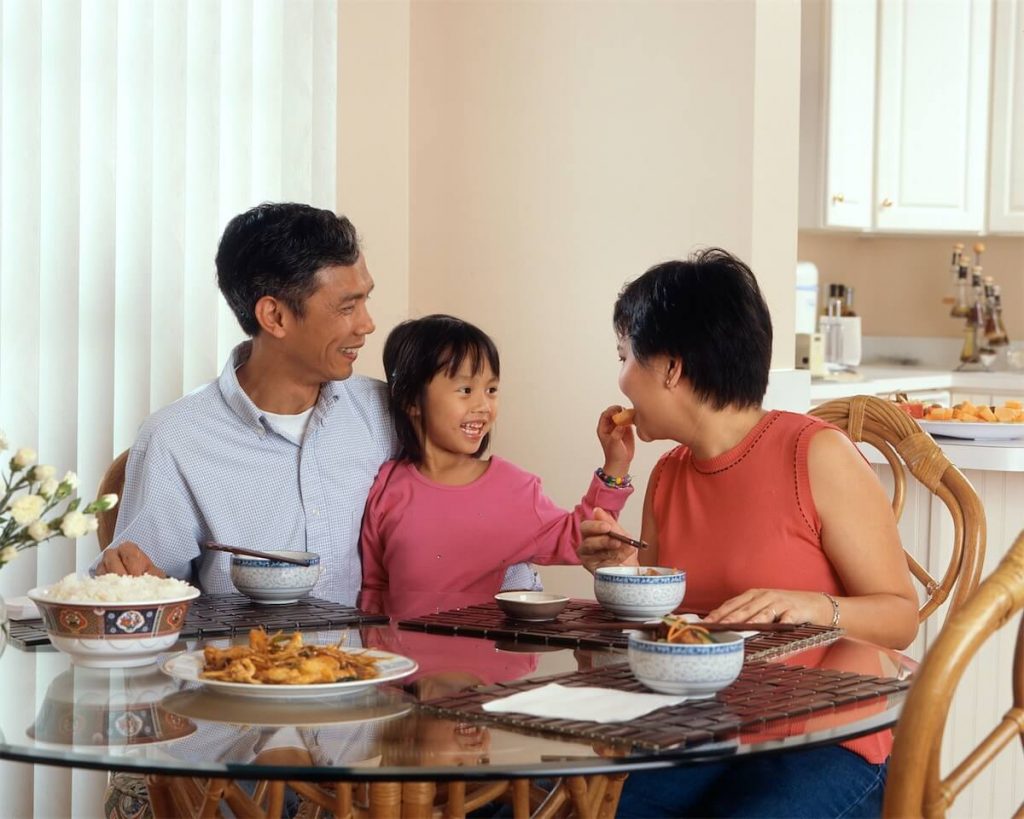
9. Buy a property under a trust for your children
This is an option if you’re cash-rich. Since banks don’t offer home loans for properties bought under a trust, you’ll have to pay it fully in cash.
Another caveat of this method is that your child has to be under 21 years old. Plus, it could potentially be an obstacle for your child in future. They won’t be able to apply for a new flat from HDB if they still own this property. And they’ll need to pay for the ABSD if they decide to get another private residential property themselves.
10. Buy a commercial property
Unlike the BSD, the ABSD is only applicable for residential properties. So buying a commercial property, such as an office or retail space, can be a good option if you’re planning to invest.
Bonus: for foreigners under specific FTAs
If you’re a citizen or permanent resident of Iceland, Liechtenstein, Norway, or Switzerland, or a citizen of the United States, you won’t have to pay 2 types of stamp duty for your first property in Singapore.
Under the Free Trade Agreements (FTAs) with these countries, you enjoy the same treatment as Singaporeans.
This means that unlike PRs and foreigners from other countries, you’ll only have to pay the ABSD when buying your second and subsequent property.
Read more on our 10-step guide to purchasing a resale private property in Singapore here.
Still unsure of your stamp duties and mortgage requirements? Consider engaging a mortgage broker to help you through the process.

At FinanceGuru, we seek to help homeowners find the best home loan and help them achieve their financial goals. Learn more about how you can optimise your home loan and uncover potential ways to save you money and time. Get a non-obligatory assessment and loan product recommendations today.

